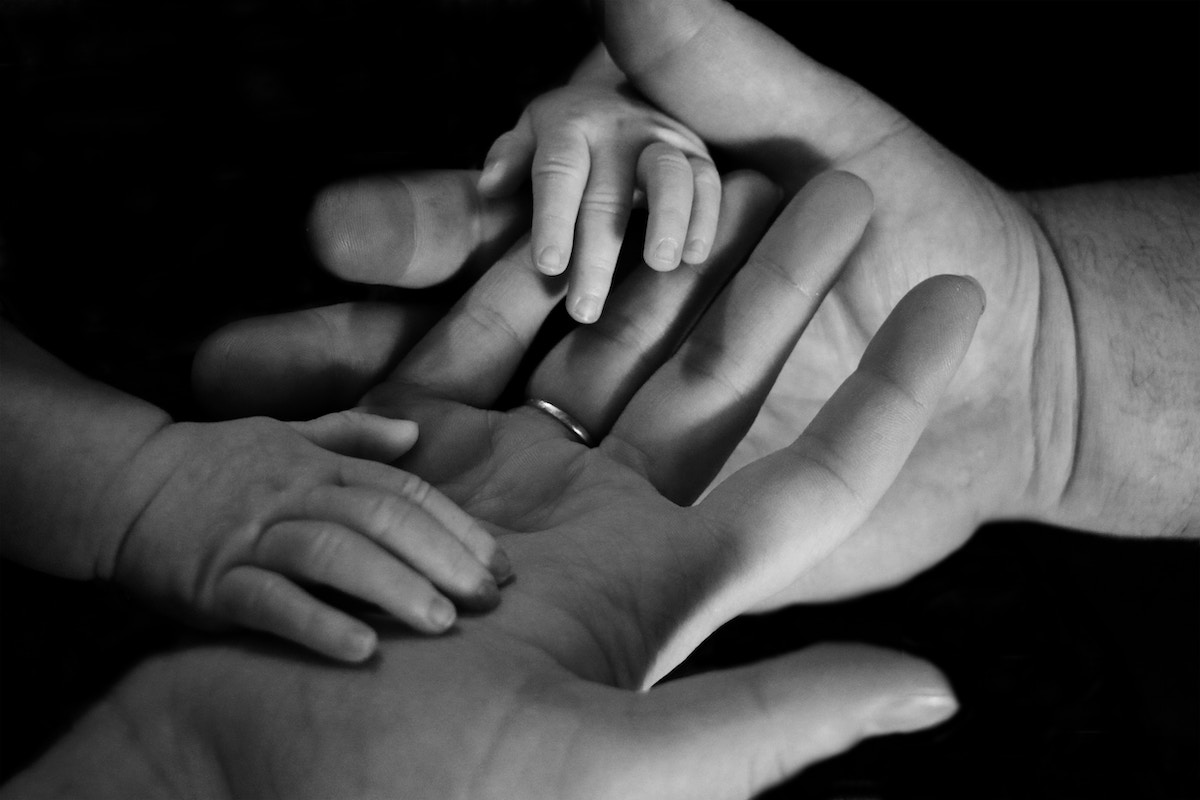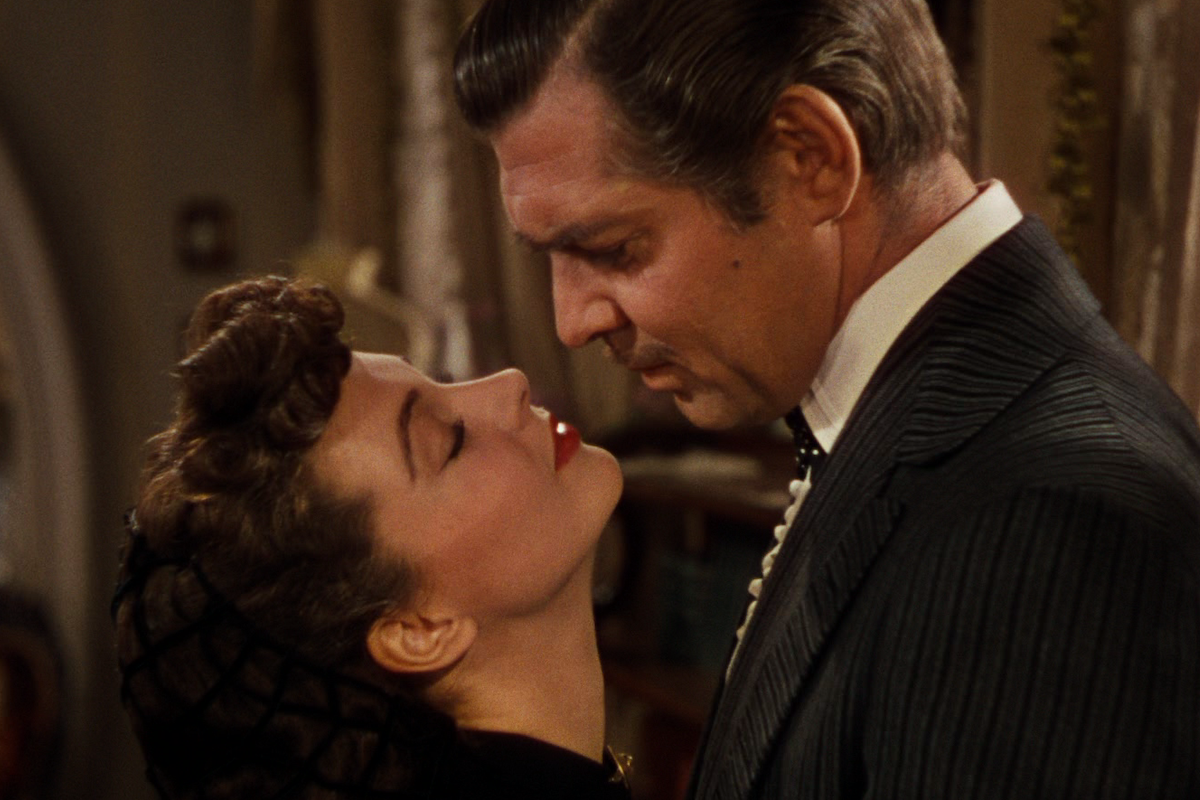Family
The New Inequality: The Decline of the Working Class Family
The Left often shies away from making a strong case for family values, despite the fact that family stability may be immensely beneficial for the working class and for black Americans who have high rates of single-mother families.

The family has been called “the cornerstone of society” and for good reason. According to studies, children born to married parents are more likely to go to university and less likely to receive government benefits. Children raised in fatherless homes, however, appear more likely to face worse outcomes when it comes to well-being, education and mental health. Married people also appear to be healthier and happier.
According to a report, before the 1970s there were no large class divides in American family life. Most people got married and stayed married and the children were raised in two-parent families. This trend eventually changed, with poorer and less educated people becoming less likely to get married and stay married. The decline of marriage is also correlated with the rise of single-mother households. A similar decline of the working class family appears to exist in the UK, with men from poor backgrounds being significantly more likely to be single in their forties than richer men.
The Problem with Single Men
Marriage is correlated with several positive outcomes for both men and women, but the effects appear to be larger for men. Married men tend to live longer and be healthier than men who never married or were divorced/widowed. There could be a number of reasons for this. For example, perhaps healthy men are just more likely to be married. However, research suggests that this is unlikely:
unhealthy men actually marry earlier, are less likely to divorce, and are more likely to remarry following divorce or bereavement than healthy men.
Another factor is that men suffer from loneliness more than women, as it is harder for them to form friendships and they participate in social activities less often. While married men can be encouraged by their wives to be more social, single men tend to become isolated as they grow older.
Divorce also increases the risk of suicide more in men than in women. This is likely because divorced men tend to have less contact with their children and also because of reasons related to increased isolation. It could also be that men are less likely to seek therapy for their mental problems than women, possibly because of the masculine ideals of self-reliance and resilience. The fact that psychotherapy is a field dominated by women might be another factor that discourages men from seeking help, as some may view it as “female-centric” and therefore unsuited to understanding a male point of view. Things obviously appear even worse when combined with the fact that single men tend to belong to the lower socioeconomic classes. Both a lack of education and a lack of resources might be preventing men from seeking professional help for their needs.
Single men appear to be the largest group of homeless people. There are also at least some studies that show that marriage may decrease criminal behavior, which carries the troubling implication that unmarried men might be more likely to commit crimes. The results are devastating both for men and society as a whole.

Why Did the Working Class Family Decline?
Some people will speculate that working class families are more financially insecure and that’s why they face more hardships when it comes to marriage. Of course, this is likely true to an extent, but it does not explain why working class families used to be more stable before the 1970s.
Since the decline of the working class family appears to have started around the time of the sexual revolution of the 1960s and the change in cultural norms that followed it, it’s possible that these changes affected those from the lower classes differently than those from the middle and upper class. One can speculate that people from less privileged backgrounds have fewer resources to succeed in the world of casual dating. The scholar Amy Wax argues that the moral deregulation of sex and marriage made things more difficult for working class people because they often don’t approach these matters with a long-term perspective the way the way wealthier people do.
Another problem appears to be that working-class men are considered less marriageable, something that is likely a result of the job instability that they face. Indeed the labor participation among men appears to have fallen. Things might even get worse in the future as one British estimate predicted that traditionally “male” jobs are at higher risk of being automated than traditionally “female” jobs. Women are also more likely to go to college than men. In the UK , in particular, white working class men are the group least likely to go to college. This is possibly reducing the men’s chances of getting married as some studies have suggested that women are more likely than men to be sensitive to economic status cues when rating the opposite sex attractiveness.
Women are also less likely to date men who are unemployed. 78 percent of women say they want a spouse with a steady job, while only 46 percent of men say the same. Another study found that rich women tend to prefer men with a similar income to their own, while rich men want good looking women. It’s possible that this trend will change as women become more financially independent. Maybe men suffer because of the traditional stereotype of the “male provider” role and women will become more open to dating less privileged men as they become more financially secure themselves, but so far, the trend of less wealthy men being viewed as less desirable partners persists.
Tucker Carlson and the Response of the Left
The conservative political commentator Tucker Carlson has made several references to the decline of the working class family and working class men in particular. No matter who Tucker Carlson is and how questionable some of his views may be, he appears to be right in this case. It’s also likely that the decline of working class men contributed partially to the recent rise in populism, as both Trump and Brexit were supported in large part by the working class.
The Left often shies away from making a strong case for family values, despite the fact that family stability may be immensely beneficial for the working class and for black Americans who have high rates of single-mother families. It’s not hard to see why, as the progressive Left is anti-traditionalist. It also strongly supported the sexual revolution and the empowerment of women so it’s understandable why some might be disinclined to admit that these changes could have had some negative results for certain groups of people. Some on the far-Left even view the nuclear family as an oppressive structure. That is not to say that the sexual revolution or women’s empowerment have been bad for society overall or that conservatives have a clear solution for many of the issues mentioned above. But the Left is missing a huge opportunity by neglecting the value in marriage.
The new marriage inequality is likely to create greater class inequalities, with wealthy and well-educated people marrying each other and passing on their wealth to their children, while the working class becomes more and more destabilized. Since kids from single-parent households are more likely to have problems in school, it’s easy to conclude that the decline of two-parent households among low-income families will have a negative effect on social mobility. This is a matter that ought to concern everyone who values equal opportunity, fairness, and stability.






